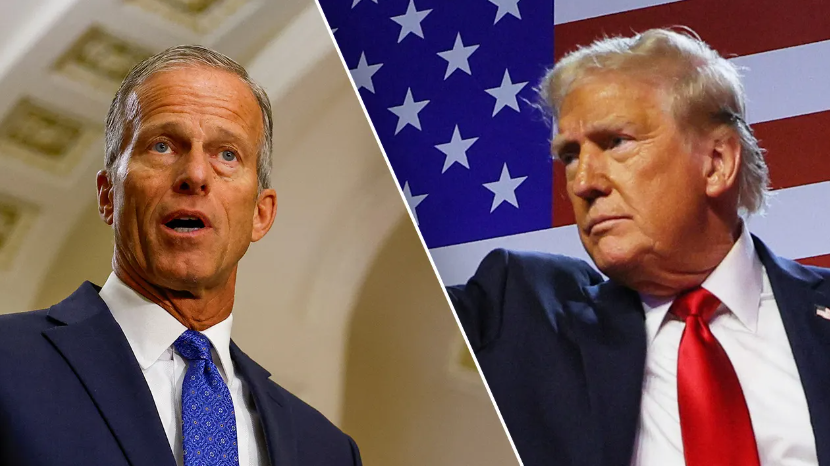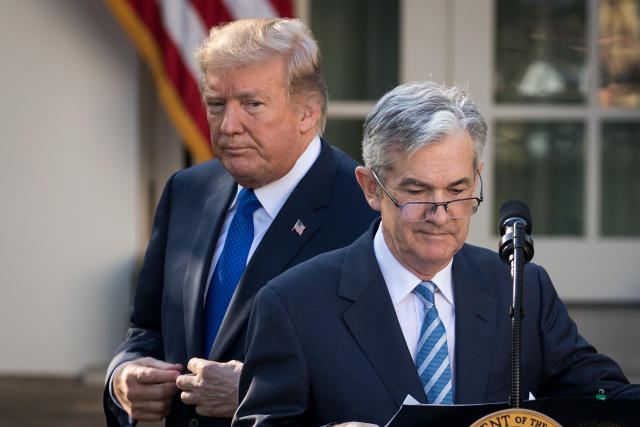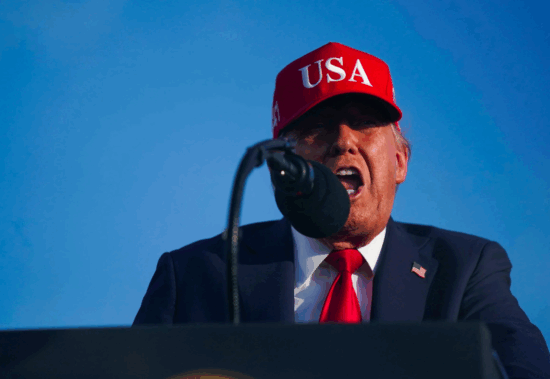Senate Greenlights $9 Billion in Spending Rescissions, Bolstering Trump’s Agenda
In a tightly contested vote on July 17, 2025, the U.S. Senate approved a $9 billion rescissions package—an act returning previously appropriated funds to the Treasury. The measure, championed by former President Trump and Senate Republicans, passed 51–48, revealing deep partisan lines and only two Republican defections: Sens. Susan Collins (Maine) and Lisa Murkowski (Alaska).
It now heads back to the House, which previously approved a slightly larger $9.4 billion cut. The Senate modified the package by restoring $400 million in AIDS funding for Africa in order to get it passed.
Senate Majority Leader John Thune praised the vote, saying it was an important first step in creating a new culture in Congress to reduce more spending after an era of about $2 trillion in annual budget deficits.
“I appreciate all the work the administration has done in identifying wasteful spending,” Thune said. “And now it’s time for the Senate to do its part to cut some of that waste out of the budget. It’s a small but important step toward fiscal sanity that we all should be able to agree is long overdue.”
Sponsor:
Build Up Your Immunity Naturally! Be ready for the next pandemic.
Save 15% with promo code ‘SAVE” Check out GetZStack.Com
The Rescissions Framework
Under the Impoundment Control Act of 1974, presidents may recommend rescinding allocated funds within a 45-day window. This tool, seldom used, empowered former President Trump to seek $9.4 billion in claw backs—later trimmed in the Senate to $9 billion due to bipartisan efforts to preserve $400 million for the global PEPFAR initiative.
Major Cuts Targeted
The rescission directive strikes approximately $8 billion from foreign aid—including programs under USAID—and roughly $1.1 billion from domestic public broadcasting under the Corporation for Public Broadcasting, impacting NPR and PBS affiliates.
GOP Arguments Highlight Fiscal Prudence
Senate Majority Leader John Thune (R–S.D.) touted the package as a bold move toward fiscal accountability. Senate Majority Whip John Barrasso derided the targeted programs as “Green New Deal abroad” and “foreign slush funds,” reflecting a conservative Christian worldview that prioritizes domestic stewardship over global expenditures.
Protecting the Vulnerable
Despite the belt-tightening, the amended bill ensures $400 million remains for PEPFAR—global HIV/AIDS aid—and shields programs in maternal health, nutrition, malaria, and tuberculosis in developing nations. Some lawmakers also negotiated exemptions for specific foreign-aid programs tied to Jordan, Egypt, and Chinese-counter efforts.
Intraparty Rift
Collins and Murkowski broke ranks, citing opaque metrics and insufficient specificity about which programs would be affected. Collins lamented the administration’s “sparse” disclosures regarding the impact on water, sanitation, education, and food-security initiatives.
Process Under Scrutiny
Critics noted the relative opacity of a rescission package, contrasted sharply with the traditional appropriations process requiring transparency and amendment opportunities. Democrats argued this allows unilateral executive power to undo bipartisan agreements, undermining budgetary norms.
Strategic GOP Gains
This marks only the second rescission package to clear Congress in 25 years and the most significant rollback of previously approved spending since the late 20th century. The move adds to a stream of conservative victories—including tax cut extensions and strengthened border policies—all framed within a value-driven, constitutionalist governance philosophy.
Christian-Conservative Lens
From this viewpoint, government resources are best directed to core Americans—families, faith-based initiatives, and rural communities. Public media, often perceived as liberal-leaning, and foreign aid lacking stringent oversight are viewed as excessive expenditures that distract from American priorities.
Prudence and Accountability
Supporters argue rescission ensures taxpayer money is spent wisely and locally—with Gospel-based compassion—rather than dispersed abroad where transparency is weak. The permanent cut to public broadcasting is also seen as a reduction of ideological bias in previously subsidized media.
Anticipating House Review
Next, the revised package heads back to the GOP-controlled House, which faces a July 18 deadline to either pass it or allow the rescinded funds to be released automatically. House Speaker Mike Johnson and conservative leaders have signaled confidence that it will reach Trump’s desk on time.
Opposition Concerns
Democratic senators and public-policy organizations warn that this tactic sets a harmful precedent—encouraging presidents to use rescission as a partisan tool, cutting core services at whim. They contend the lack of granular program detail risks undermining rural communications and essential humanitarian aid.
A Triumphant Moment
For former President Trump, the Senate vote reinforces his “drain the swamp” rhetoric, demonstrating successful constraint of federal spending. For conservatives, it’s a victory grounded in personal responsibility, limited government, and the biblical principle of stewardship.
Looking Ahead
Should the House affirm the Senate plan, the rescissions would display a robust constitutional check on unchecked spending. The conservative base views this as both practical and principled—a reaffirmation of fiscal discipline rooted in traditional values.






